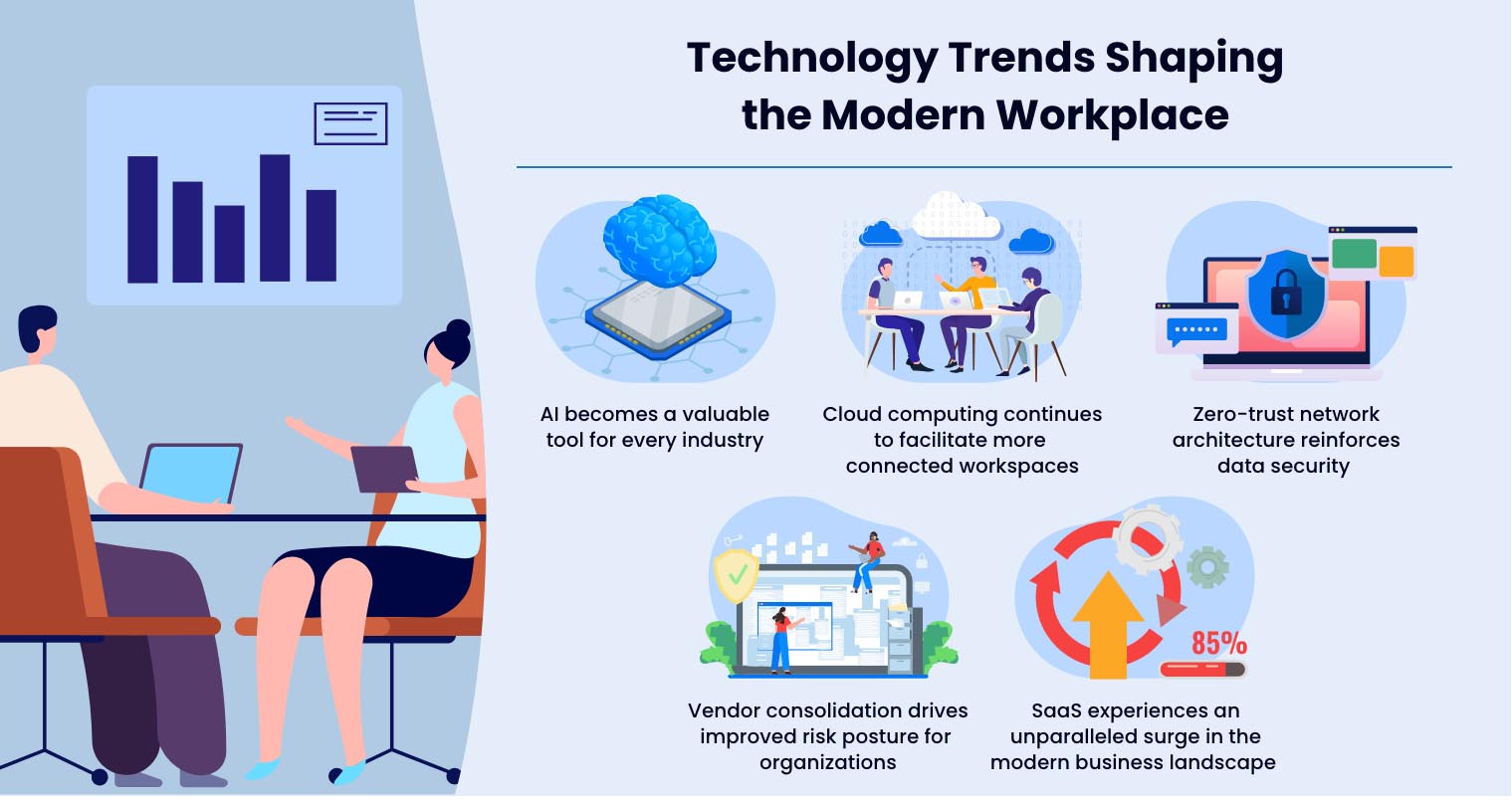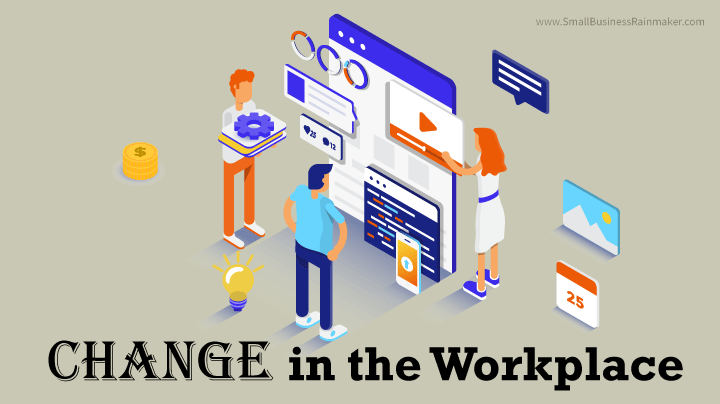Adapting to Technological Changes in the Workplace
In an era where technology evolves at lightning speed, adapting to these changes is not just beneficial but essential for career sustainability and growth. From artificial intelligence and automation to cloud computing and virtual collaboration tools, technological advancements are reshaping the way we work. Here’s a look at why it’s important to keep pace with these changes and how you can effectively adapt to them in your workplace.

Embracing Continuous Learning
- The Need for New Skills
Technological advancements often lead to the development of new tools and systems designed to enhance productivity and efficiency. Staying abreast of these changes requires a commitment to continuous learning. Employees must be proactive about understanding how new technologies work and how they can be applied to their current roles. - Learning Resources
Leverage online courses, webinars, and workshops to learn about new technologies. Many organizations offer training sessions when they introduce new tools, but don’t rely solely on these. Look for resources outside of work, such as online platforms like Coursera, Udemy, or LinkedIn Learning, which offer courses on a variety of tech topics.
Adapting Your Mindset
- Openness to Change
One of the biggest barriers to adapting to technological changes is resistance to change. Cultivating an open mindset is crucial. View these changes as opportunities to enhance your skills and improve your efficiency rather than obstacles. - innovation and Creativity
Adopting new technologies can also provide a platform for innovation and creativity. Use these tools to streamline your workflows, enhance your output, and maybe even create new processes or products that can significantly benefit your organization.
Enhancing Collaboration and Communication
- New Platforms for Teamwork
Technological changes often include the adoption of new communication and collaboration tools. Tools like Slack, Microsoft Teams, or Zoom have transformed how teams interact and collaborate across different locations. Mastering these tools can enhance your ability to work effectively in team settings, especially in remote or hybrid models. - Building Digital Literacy
As communication increasingly shifts to digital platforms, developing a robust set of digital literacy skills is vital. This not only includes learning how to use new tools effectively but also understanding best practices for digital communication, such as maintaining professionalism in emails and digital meetings.
Staying Flexible and Resilient
- Adaptability
The ability to adapt to new technologies also demands flexibility. The work environment is continually changing, and those who can adjust their methods to incorporate new technologies will likely find greater success. - Resilience
Encountering challenges while using new technologies is inevitable. Resilience is key in overcoming these challenges. Instead of giving up when you face difficulties, focus on finding solutions and learning from the experience.
Conclusion
Adapting to technological changes is not just about keeping your job or staying relevant. It’s about actively enhancing your capabilities, improving your productivity, and increasing your value to your employer. As daunting as it may seem, the transition can be managed successfully with the right attitude and strategies. Embrace the changes, commit to continuous learning, and utilize new technologies to their fullest potential. By doing so, you not only adapt, you thrive.



